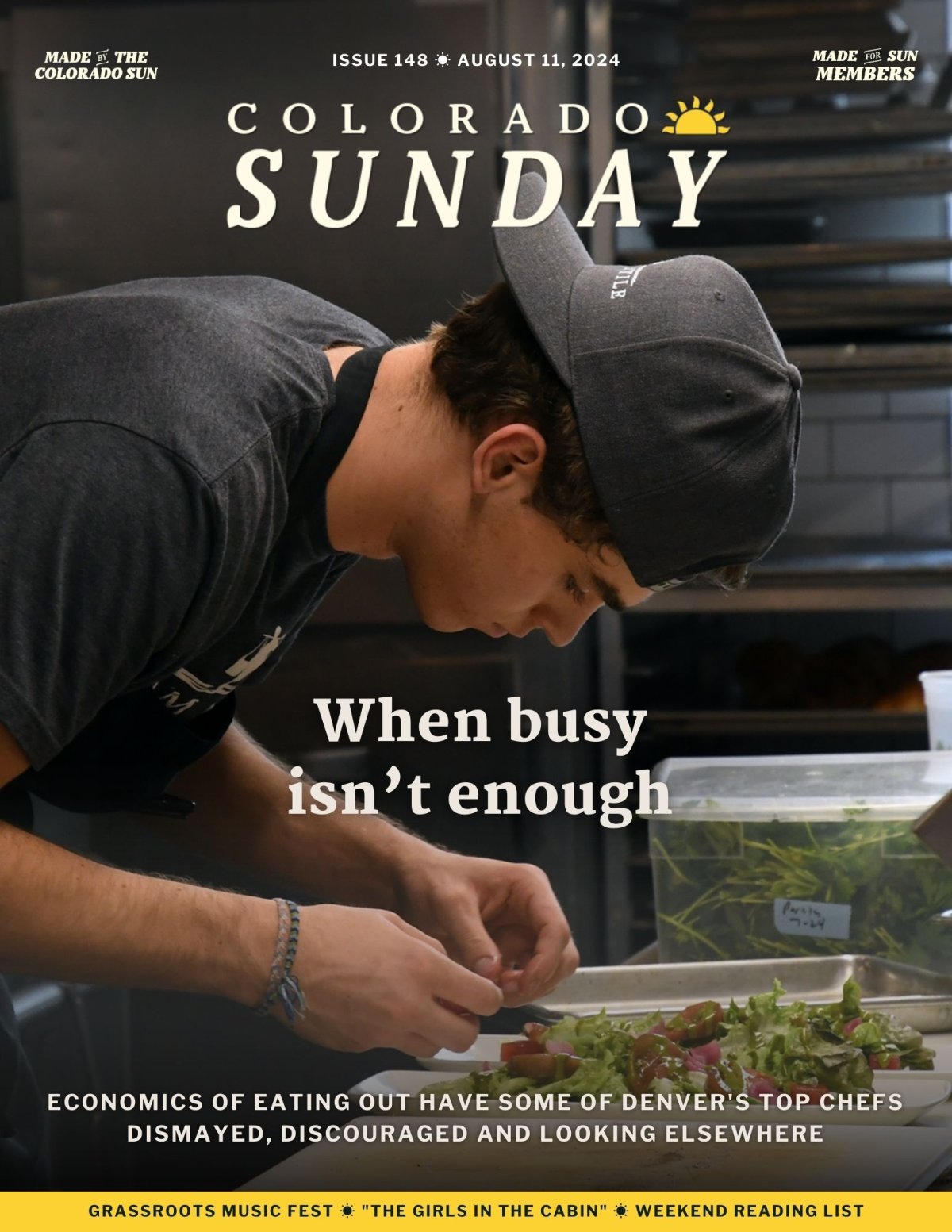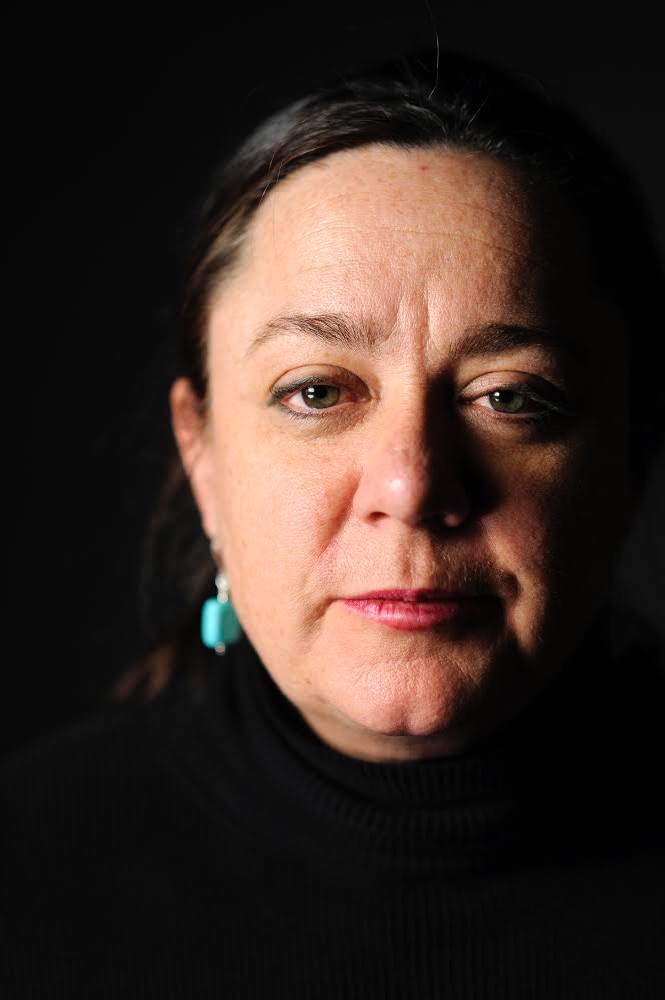Happy Colorado Sunday, friends.
It’s hard to believe that we’re well on our way to the end of summer. But time flies when you’re doing whatever you’re doing, fun or not.
It also hardly seems possible that more than four years have passed since I bowed to the stay-at-home orders of the pandemic and paid mighty tribute in the form of $20 bills handed through the door to brave pizza delivery kids. I happily added tips of 40% or 50% to the tab of my pick-up orders because I was grateful the bag included a mixed drink, even if it came bundled up in a styrofoam cup with a liquor “license” taped across the lid. I got so used to the self-imposed upcharges that I only barely cared when I started noticing little things like “staff benefits” charges still affixed to the ticket by the actual restaurants two years after public health restrictions were lifted.
I’m starting to feel it now. As menu prices continue to click up and restaurants and cafes in my orbit experiment with things like passing on credit card processing fees to customers and European-style service fees instead of tips, I wonder what I am paying for. I am especially aware of the little extra charges when service is a little sketchy or the food is not up to par.
In this week’s cover story, Tamara Chuang unpacks the economics of dining out, and explains how even some top Denver metro restaurateurs are struggling to keep their dining rooms and kitchens staffed and their operations profitable as the crowds come rushing back.
The Cover Story
The changing economics of eating out
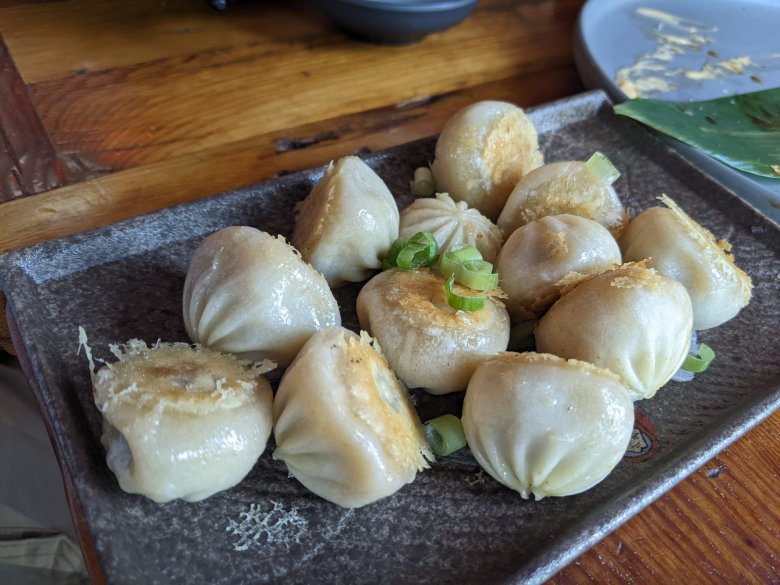
Sometimes, you’ve got to look behind the data to figure out the reality of what’s going on. After a Denver economist told me that sales tax revenues for “food services and drinking places” rebounded surprisingly fast after the pandemic and the restaurants he frequented were busy, I began asking around.
Umm … no, Denise Mickelsen with the Colorado Restaurant Association essentially told me. “A busy restaurant isn’t always a thriving business, meaning that every single thing a restaurant operator needs to run their business right now costs more and more, and menu prices can’t rise in tandem or no one will go out to eat. That’s not a situation most restaurants can survive, which is why we continue to see closures across the state.”
I reached out to some of Denver’s top chefs and restaurateurs. I was floored by their willingness to share specific details about what it takes to operate a restaurant in 2024. Some added service charges in lieu of tips. Others took pricier items off the menu. They’ve had to adjust to the new economy. But just as consumers have dealt with higher prices and slower-growing incomes, owners, too, seem to be living paycheck to paycheck. Not broke, but not able to save or make much of a profit.
The added challenges of surviving in Denver have contributed to many calling it quits. It’s rough for everyone, but is this just a cycle? New restaurants continue to open weekly in Denver.
READ THIS WEEK’S COLORADO SUNDAY FEATURE
The Colorado Lens
Many essential workers behind the scenes, from educators to the farmers, keep the world connected and functioning on a daily basis. Here are recent photos by The Sun photo team in appreciation of the less-visible workers across Colorado.
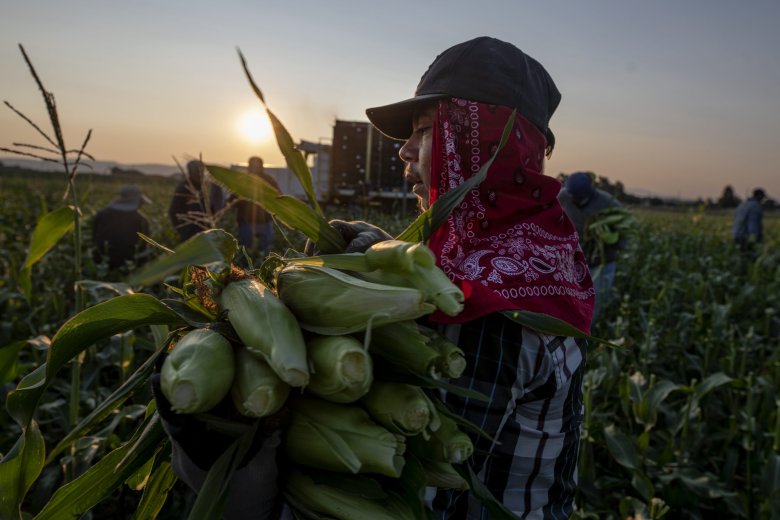
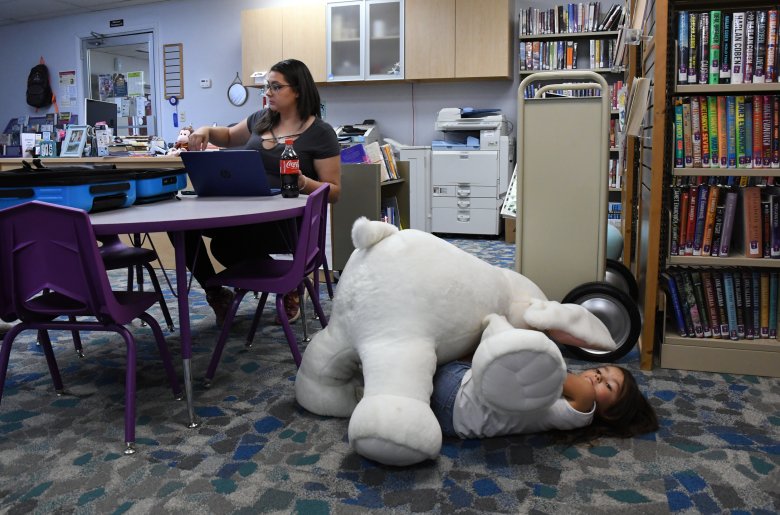
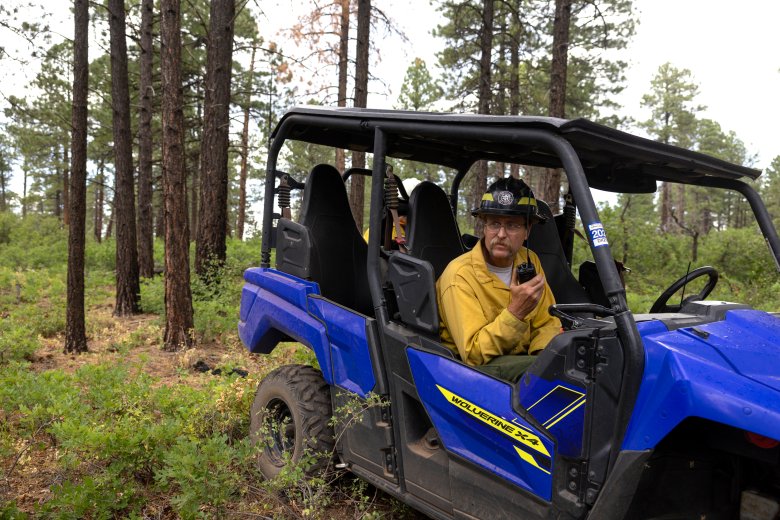
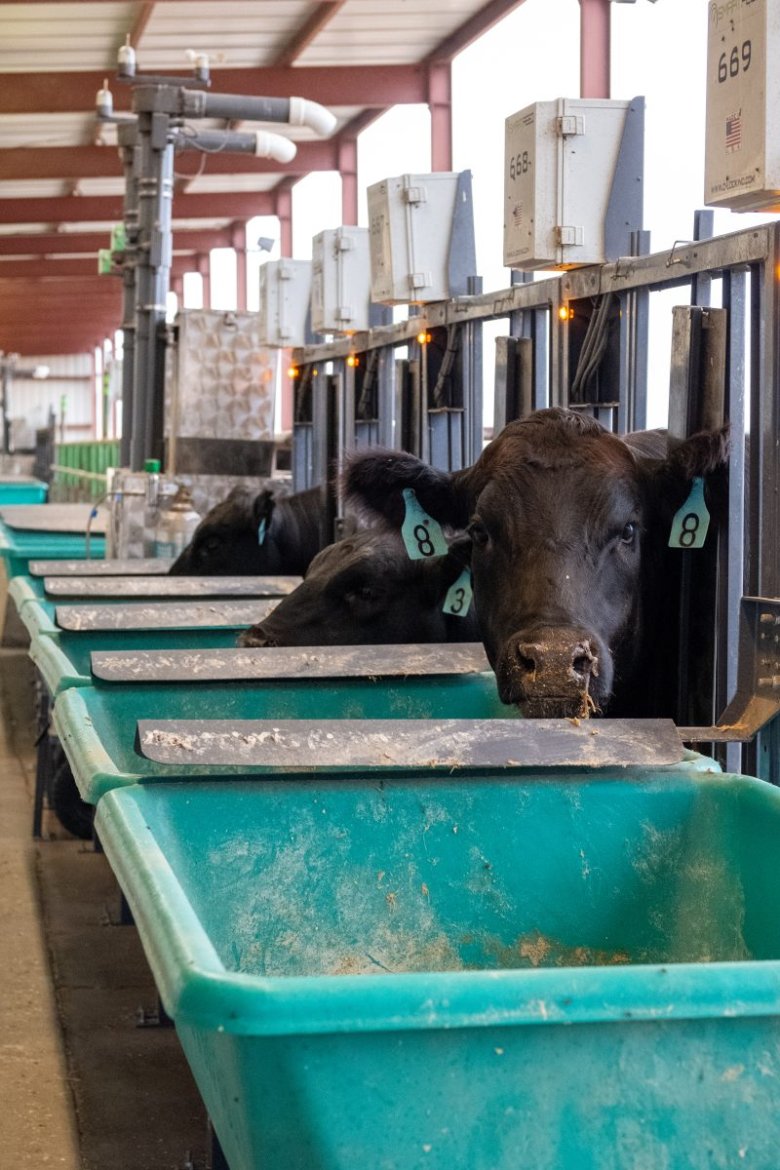
Flavor of the Week
Eagle’s Downvalley Vibe Fest hosting all-Colorado musicians

In 2014, Andy Jessen hatched a plan for a grassroots music festival outside his Bonfire Brewing bar in Eagle. His Bonfire Block Party blossomed, luring national acts for a three-day festival that took over most of downtown Eagle. When Jessen died in a backcountry avalanche in 2021, other businesses stepped in to carry the Eagle Block Party into a new chapter.
While the Eagle Block Party is not happening this year, the Second Street Tavern, which took over Jessen’s sadly departed Bonfire Brewing location in Eagle, is launching a festival that returns to Jessen’s original vision.
The Down Valley Vibes Fest — Aug. 23-24 — is a return to the roots of the Bonfire Block Party, with 20 musical acts, all Colorado based, playing in downtown Eagle.
“The Block Party contributed so much to our local music community and our local economy. It was something everyone in this town looked forward to every year. It’s disappointing it’s not happening, but it’s also an opportunity to do something new and different,” said Zach Gilliam, an Eagle musician who is shepherding the new festival plan. “Block Party disappearing this year opened an opportunity to put a spotlight on Colorado musicians.”
The Down Valley Vibes Festival features funky blues explorers Dragondeer and Denver’s roots-rock Taylor Scott Band as headliners, with an eclectic mix of musicians from the Eagle River Valley and the rest of Colorado. We are stoked to hear cosmic country jammers Extra Gold, psych-rockers Sqwerv and Eagle’s own Endless Shrimp. And we are especially excited about a two-day festival pass for $60. Check it out here or at downvalleyvibes.com.
SunLit: Sneak Peek
“The Girls in the Cabin” introduces a darkly troubled girl, a grieving family
EXCERPT: Two slices of Caleb Stephens’ psychological thriller, “The Girls in the Cabin,” offer disturbing glimpses into what a widowed father hoped would be a healing camping trip for him and his two daughters — but which quickly turns into a nightmarish scenario. Told from multiple points of view, Stephens’ Colorado Book Award finalist lays the groundwork for characters caught in a web of darkness.
THE SUNLIT INTERVIEW: After finishing a complex apocalyptic novel, Stephens wanted his next book to be more of a straightforward thriller. He explains how “The Girls in the Cabin” came to life, and how his Colorado roots influenced the writing. Here’s part of his Q&A:
SunLit: Tell us about creating this book. What influences and/or experiences informed the project before you sat down to write?
Stephens: As a Colorado native who grew up in the southwestern part of the state (Cortez), I always wanted to write a book where the state not only served as the setting, but also as a character. … Settings should be immersive. And that’s what I wanted to do with this book — immerse the reader in a life-or-death struggle with a family and pose the question: How far would you go to save the ones you love?
READ THE INTERVIEW WITH CALEB STEPHENS
LISTEN TO OUR SUN-UP PODCAST WITH THE AUTHOR
Sunday Reading List
A curated list of what you may have missed from The Colorado Sun this week.

🌞 Many Colorado cities have playgrounds that are accessible to kids with disabilities. But parents are pushing to make sure that they’re also inclusive. Dan England reports from an inclusive, accessible playground being built in Berthoud to explain the difference.
🌞 All three Front Range forest fires are considered controlled and rain has been helping to snuff the hot spots. Olivia Prentzel reports that the Quarry and Alexander Mountain fires were caused by people. And Shannon Mullane looked into what the National Weather Service is calling a “flash drought” that set up perfect conditions for the wildfires to spread far and fast.
🌞 Speaking of those fires, is all that slurry dumped to douse flames and draw lines between the fireline and houses bad for the environment? Justin George checked and yes, it is harmful to waterways.
🌞 Colorado Parks and Wildlife thought it had a deal that would see 15 wolves removed from tribal lands in Washington and transplanted west of the Continental Divide. But the Colville Confederated Tribes have put the brakes on, Tracy Ross reports, because they say Colorado has done a poor job of negotiating with the Southern Ute Tribe over the potential impacts of the reintroduction.
🌞 A coalition of mountain towns is already lining up to push the state legislature next year to make it possible for them to tax houses that are almost always vacant. Jason Blevins explains the thinking behind yet another effort to solve for a shortage of housing in the high country.
🌞 Larimer County’s mental health center is letting 75 workers go. It wasn’t the first community health center in Colorado to make deep cuts. And as Jennifer Brown reports, it probably will not be the last as hundreds of thousands of Colorado people lose their Medicaid eligibility and massive changes are made to the way behavioral health providers are paid by the program.
🌞 What was it like to work on one of the most influential and controversial Centers for Disease Control and Prevention advisory committees during the COVID-19 pandemic? Denver pediatrician Dr. Matthew Daley, who is ending his work on the Advisory Committee on Immunization Practices, explained it all to John Ingold.
🌞 Birth rates across Colorado are down. The reasons are diverse and deeply personal. And Erica Breunlin lays out the impact already being felt by school districts trying to plan for the future.
🌞 There are two pack llamas on the lam in the San Juans near Lake City. Michael Booth has the story of how they were lost and what’s being done to find them.
Thanks for hanging out with us this weekend — we do appreciate the attention. We’ll see you back here next Colorado Sunday!
— Dana & the whole staff of The Sun

The Colorado Sun is part of The Trust Project. Read our policies.
Corrections & Clarifications
Notice something wrong? The Colorado Sun has an ethical responsibility to fix all factual errors. Request a correction by emailing corrections@coloradosun.com.

